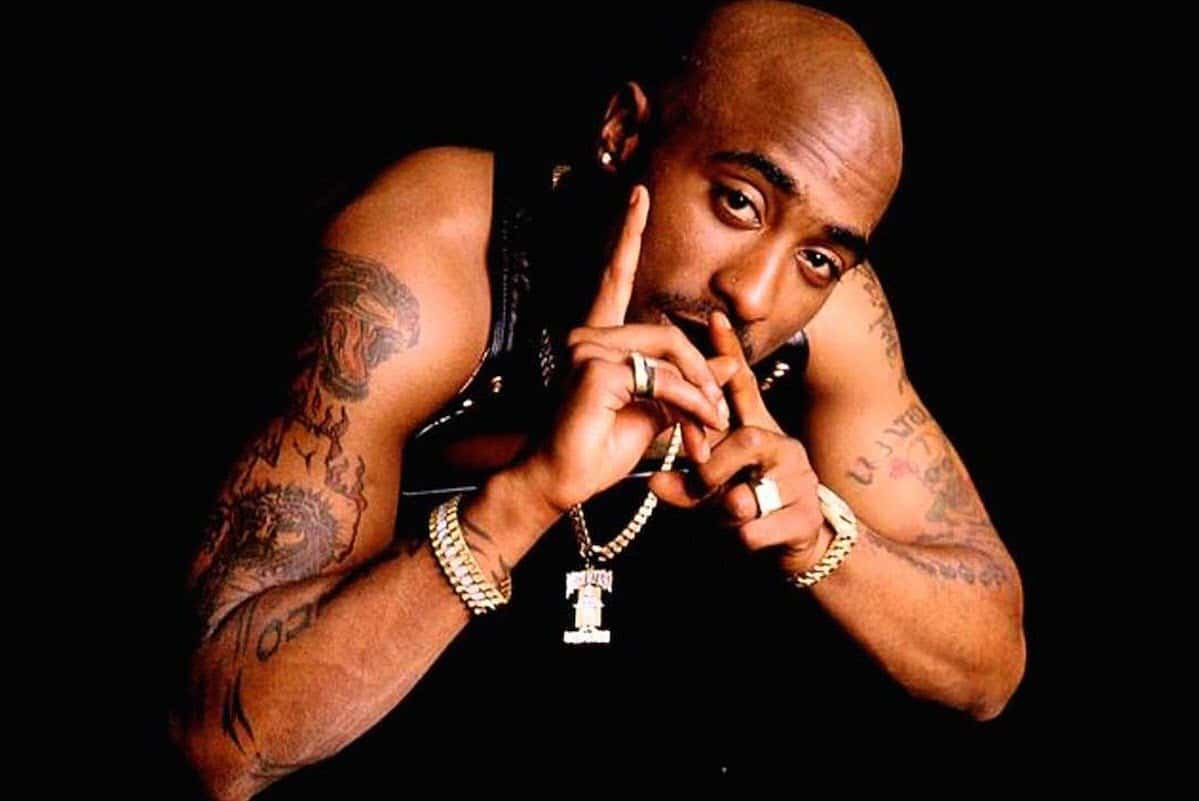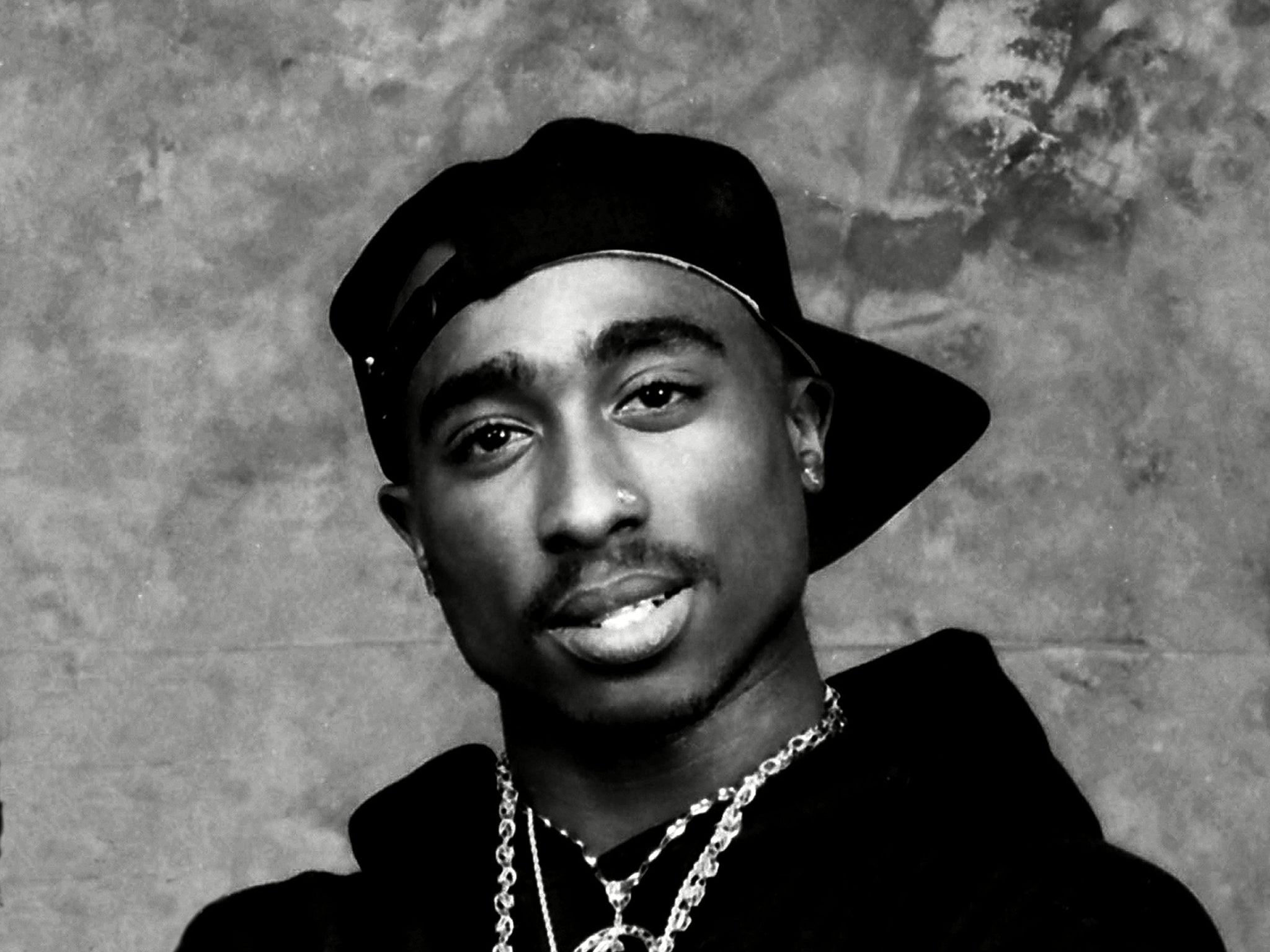“Changes” – Tupac Shakur

“Changes” by Tupac Shakur: A Call for Social Justice and Reflection
Released posthumously in 1998, “Changes” by Tupac Shakur remains one of the most iconic and socially relevant songs in hip-hop history. The track, which features lyrics originally recorded in 1992, is a reflection of Tupac’s frustration with systemic racism, poverty, and the cycle of violence that plagues underprivileged communities. With its insightful commentary on social issues, “Changes” resonates with listeners far beyond its time, marking Tupac as both a visionary artist and a voice for the voiceless.

Musical Composition and Production
“Changes” is built around a prominent sample of Bruce Hornsby’s 1986 hit “The Way It Is,” a piano-driven ballad about social inequality. This sample provides a reflective and melancholic backdrop for Tupac’s verses, giving the song a more introspective tone. The smooth piano loop contrasts with Tupac’s sharp, impassioned lyrics, creating a balance between the harsh realities of life and the hope for change.
The production, handled by Deon Evans (aka Big D the Impossible), is minimalist, allowing Tupac’s voice and message to take center stage. The arrangement emphasizes the piano, bassline, and simple beat, creating an intimate atmosphere where the lyrics can shine. This simplicity amplifies the gravity of Tupac’s words, inviting listeners to focus on the song’s themes and the emotional weight behind them.

Lyrical Themes and Interpretation
The lyrics of “Changes” address a wide array of social and political issues, including racism, poverty, violence, police brutality, and the struggles of Black Americans in a deeply divided society. Tupac highlights the need for systemic reform, noting how the cycle of poverty and crime traps many in inner-city communities. He criticizes the lack of progress in addressing these issues, reflecting on how, despite decades of civil rights activism, little has changed for many Black people in America.

One of the most famous lines in the song, “It’s time to make a change, come on,” is a direct plea for collective action. Tupac expresses frustration over the persistence of inequality, especially in the criminal justice system, as seen in lines like “Cops give a damn about a negro, pull the trigger, kill a nigga, he’s a hero.” These lyrics resonate deeply, especially in light of ongoing debates about racial injustice and police brutality in America.
The song also contains a reflective aspect, with Tupac admitting his own involvement in the cycle of violence and crime: “I made a G today, but you made it in a sleazy way / Sellin’ crack to the kids, ‘I gotta get paid.’” Here, Tupac offers a candid portrayal of the pressures many face when opportunities for legitimate success are scarce. He critiques the system that leads people into such choices, while simultaneously acknowledging his own role in perpetuating it.

Tupac’s Vision of Change
Despite the grim realities Tupac describes, “Changes” is not without hope. The chorus, sampled from Bruce Hornsby’s “The Way It Is,” suggests that change is possible, but it requires a fundamental shift in the way society operates. Tupac calls for unity and self-awareness, urging people to see beyond racial and socioeconomic divides. The line “We gotta start makin’ changes” reflects his belief that progress must begin with individual and collective responsibility.
Tupac also speaks directly to the Black community, advocating for an end to gang violence and a focus on solidarity: “Instead of war on poverty, they got a war on drugs so the police can bother me.” He calls for an end to self-destruction and for a collective effort to rise above the obstacles placed by a discriminatory system.

Cultural Impact and Legacy
“Changes” became one of Tupac’s most famous songs and an anthem for those who felt marginalized by society. The song’s release after Tupac’s death gave it a haunting quality, as his prophetic words about violence and inequality seemed to reflect both his personal struggles and broader societal issues. The song’s relevance has only grown over time, particularly in light of ongoing movements like Black Lives Matter, which seek to address many of the issues Tupac discussed.
The song also helped solidify Tupac’s legacy as not just a rapper, but a social activist who used his platform to shed light on the injustices facing marginalized communities. “Changes” has been embraced by multiple generations as a powerful call for action, and its message of resistance, self-reflection, and hope continues to inspire people around the world.
Conclusion
“Changes” by Tupac Shakur is more than just a song—it is a reflection of the struggles of the oppressed, a critique of systemic failures, and a plea for unity and social reform. Through its thoughtful lyrics and timeless message, the track remains as relevant today as when it was first recorded. Tupac’s ability to articulate both personal and collective pain, while offering hope for a better future, cements “Changes” as one of the most important songs in hip-hop history and a lasting testament to his genius and social conscience.